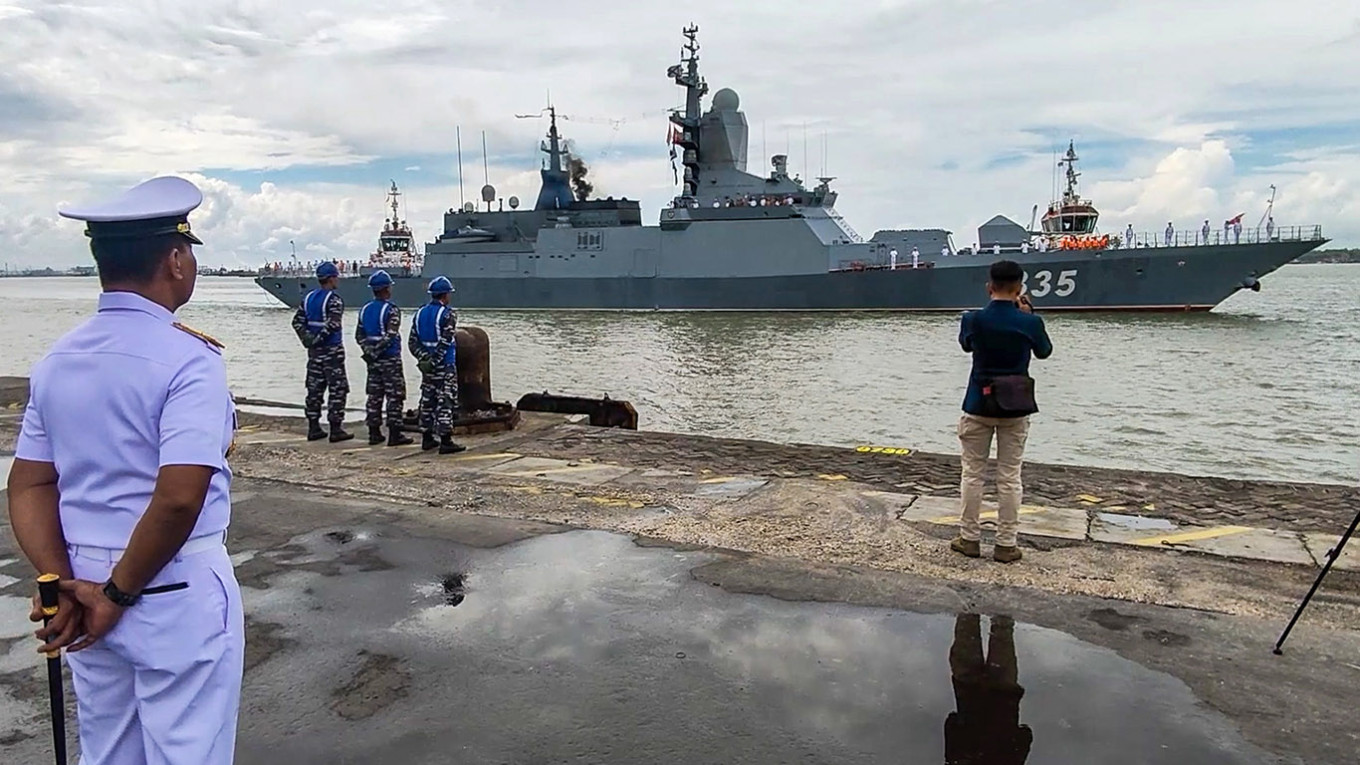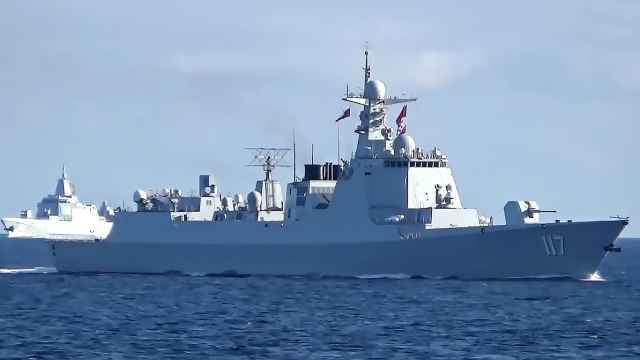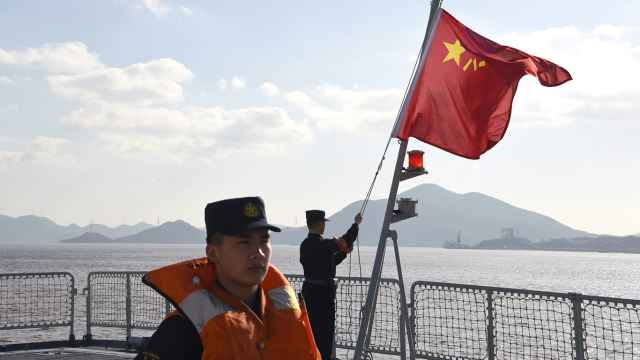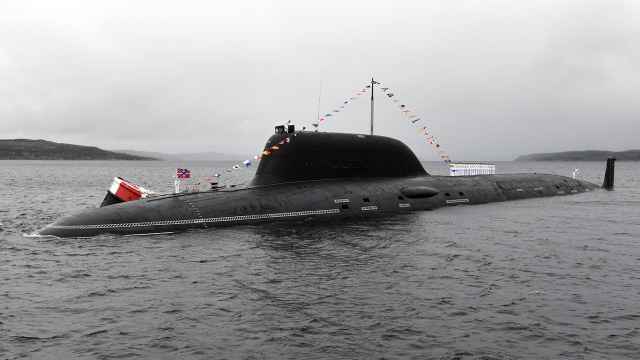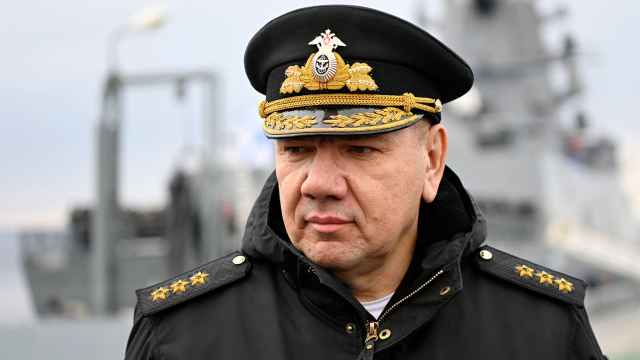Indonesia and Russia kicked off their first joint naval drills on Monday, as the Southeast Asian archipelago's new leader seeks to boost ties with Moscow.
The region's biggest economy maintains a neutral foreign policy, refusing to take sides in the Ukraine conflict or in great power competition between Washington and Beijing.
But newly inaugurated Indonesian President Prabowo Subianto has pledged to be bolder on the world stage and in July visited Moscow for talks with Vladimir Putin.
The five-day drills will take place in two phases at a naval base in Surabaya and in the Java Sea.
Russia has sent three corvette class warships, a medium tanker ship, a military helicopter, and a tug boat, the Indonesian navy said in a statement last week.
Local broadcasters showed Russian ships calling into port and being welcomed by an Indonesian marching band on Sunday ahead of the drills.
Analysts say the joint exercises signal Prabowo is beginning a significant foreign policy shift, pledging to boost Jakarta's alliances with major powers.
During a visit to the Kremlin in July, Prabowo — a 73-year-old ex-general — said he wanted to deepen the relationship with Russia.
"We consider Russia as a great friend and I would like to continue to maintain and enhance this relationship," Prabowo told Putin.
The southeast Asian ASEAN bloc, which Indonesia is a member of, held joint exercises with Russia in 2021, but Jakarta had never held drills alone with Moscow before this week.
Jakarta has billion-dollar trade ties with Moscow, yet major arms imports have stalled in recent years after Russia seized Crimea in 2014 and launched its full-scale military offensive on Ukraine in 2022.
Still, since becoming defense minister in 2019 Prabowo has kept alive a $1.1 billion Russian fighter jet deal agreed a year earlier, despite the reported threat of U.S. sanctions.
A Message from The Moscow Times:
Dear readers,
We are facing unprecedented challenges. Russia's Prosecutor General's Office has designated The Moscow Times as an "undesirable" organization, criminalizing our work and putting our staff at risk of prosecution. This follows our earlier unjust labeling as a "foreign agent."
These actions are direct attempts to silence independent journalism in Russia. The authorities claim our work "discredits the decisions of the Russian leadership." We see things differently: we strive to provide accurate, unbiased reporting on Russia.
We, the journalists of The Moscow Times, refuse to be silenced. But to continue our work, we need your help.
Your support, no matter how small, makes a world of difference. If you can, please support us monthly starting from just $2. It's quick to set up, and every contribution makes a significant impact.
By supporting The Moscow Times, you're defending open, independent journalism in the face of repression. Thank you for standing with us.
Remind me later.


